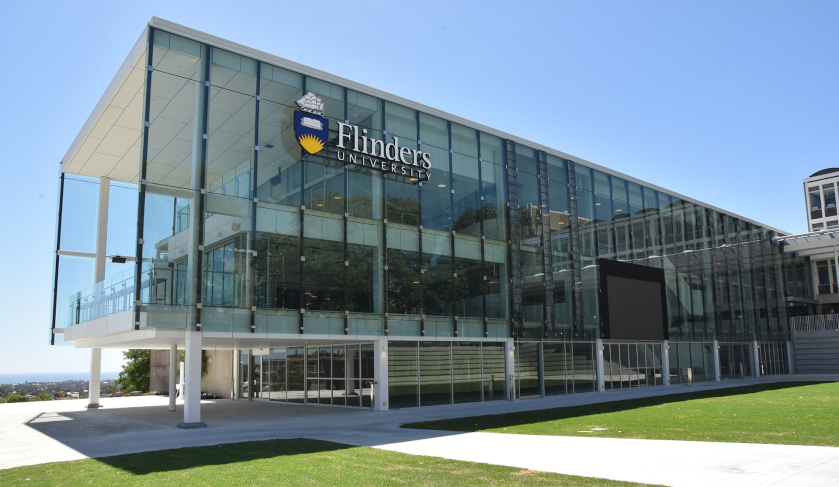Flinders University, the French embassy and defence technology firm Thales have signed a memorandum of understanding to immerse students from France and Australia “in the latest engineering technologies”.
A reciprocal program has been launched following the MoU that will see French students based at Flinders University for periods of up to six months as part of research internships that will be the shared responsibility of Flinders and Thales, and further supported by the French embassy.
"We are witnessing a flourishing relationship between France and Australia, with initiatives in the defence space a catalyst for educational and social exchanges that are strengthening the bonds that unite us – this MoU is borne of that growing spirit of collaboration,” ambassador Christophe Penot said.
The program mirrors an existing arrangement for Flinders University students undertaking placements in France, with the agreement signed by ambassador Penot, Thales chief technical officer Dr John Best, and Flinders University vice-chancellor Professor Colin Stirling at an official reception at the French Embassy.
“This is all about attracting and nurturing the best and brightest in both Australia and France, opening up fantastic opportunities for closer collaboration with Thales on a global scale," said Dr Best.
“To ensure these students have hands-on, practical experience in the research, design and development of world-class high technology solutions, we’re designing activities that will allow them to engage with Thales before, during and after the internship, including company briefings and site visits that will inform their research projects".
Professor Stirling highlighted Flinders' expertise in autonomous systems as a huge asset for student interns, as well as the added benefit of being based in South Australia, which is the "focal point" of $90 billion of defence manufacturing.
“Partnerships which embed students at each other’s premier institutions and exposes them to our most experienced researchers ensure that we’re passing on leading-edge knowledge to a new generation of researchers, further strengthening our mutual capacity and result in significant economic and social benefit,” Professor Stirling said.


